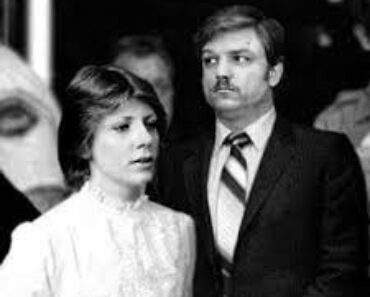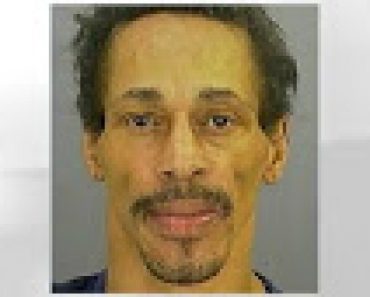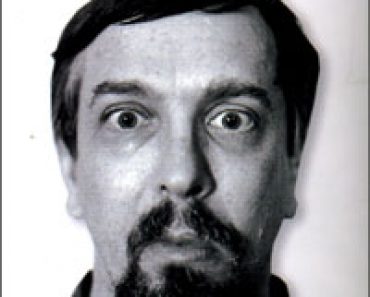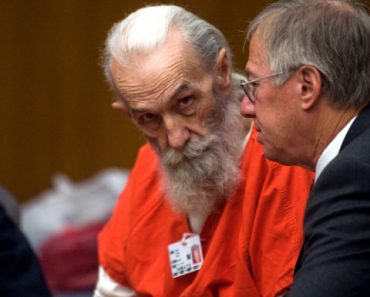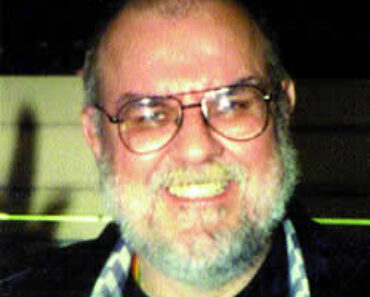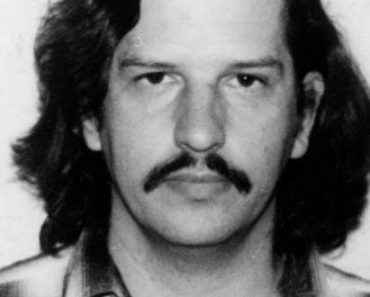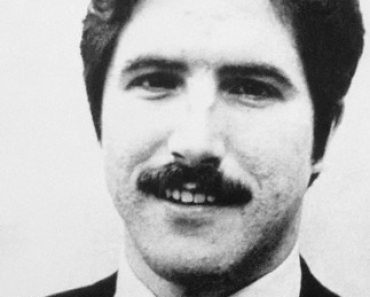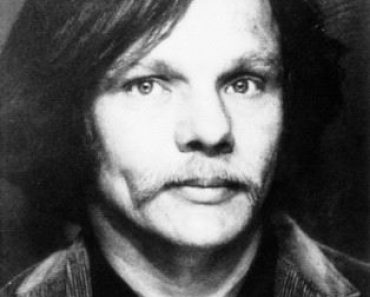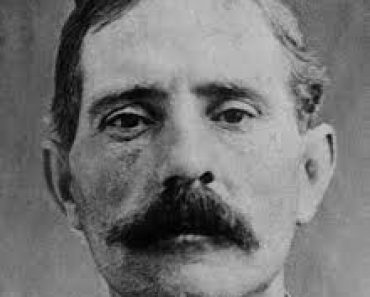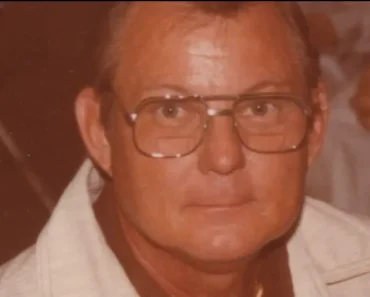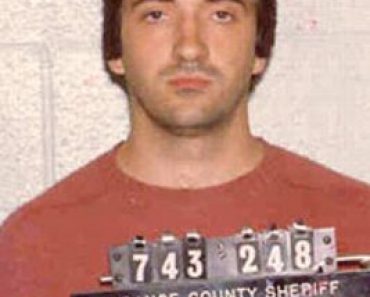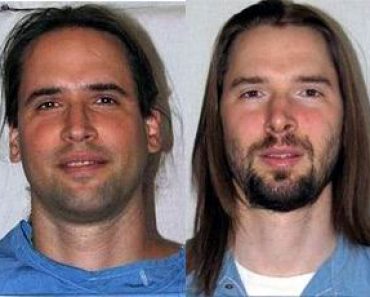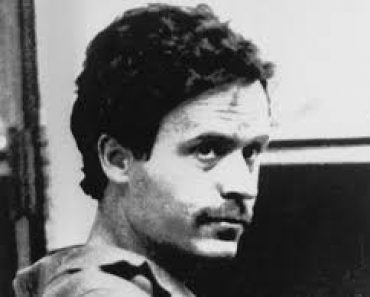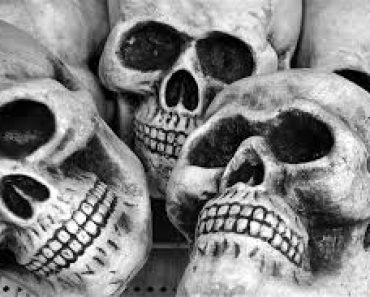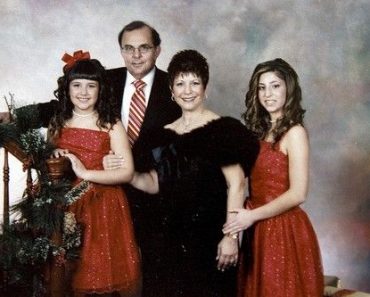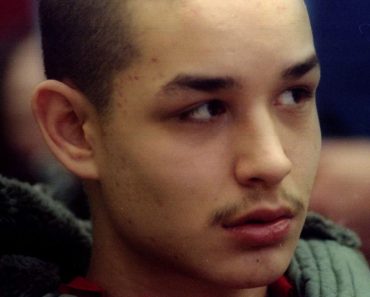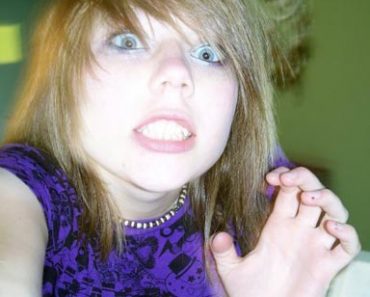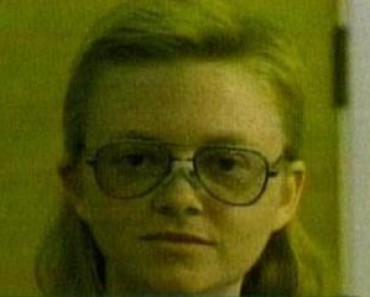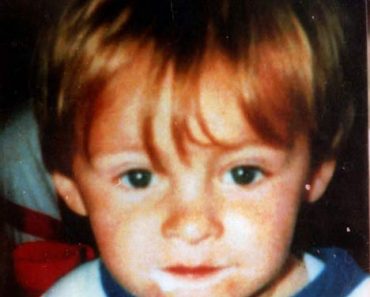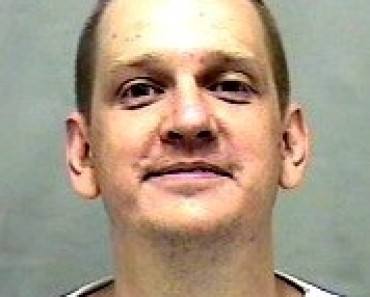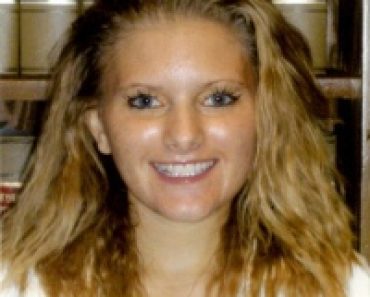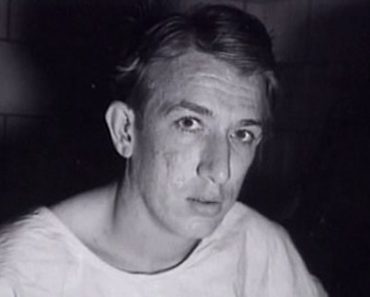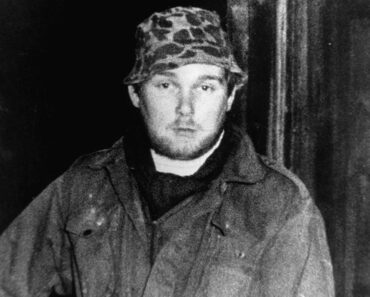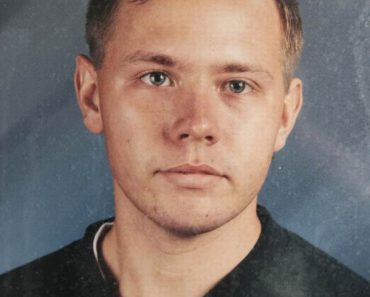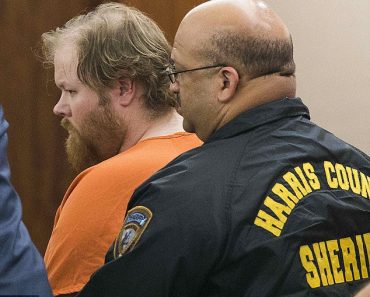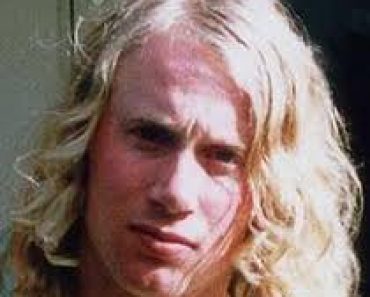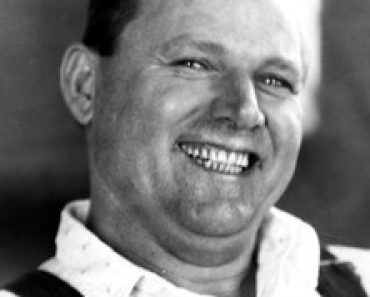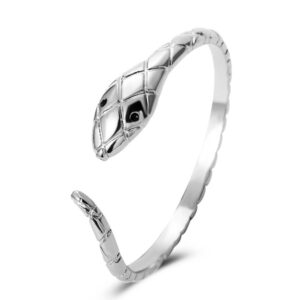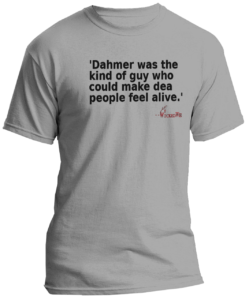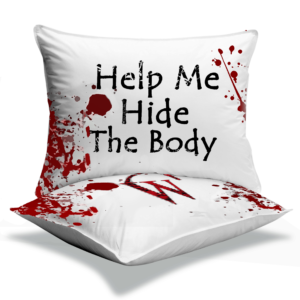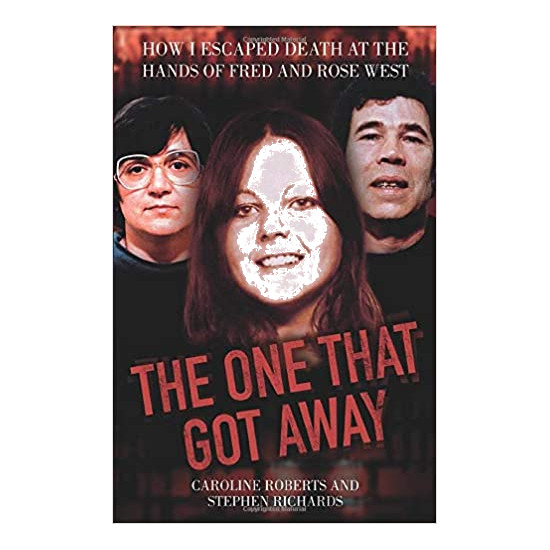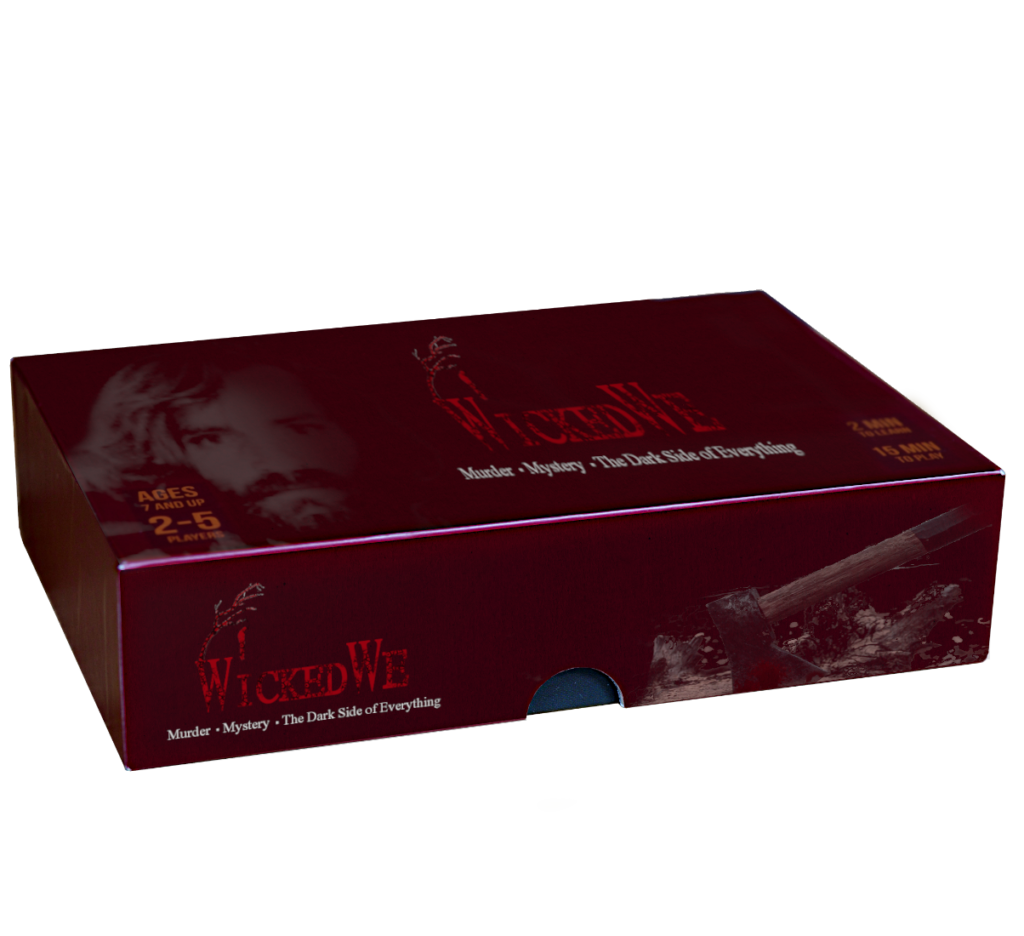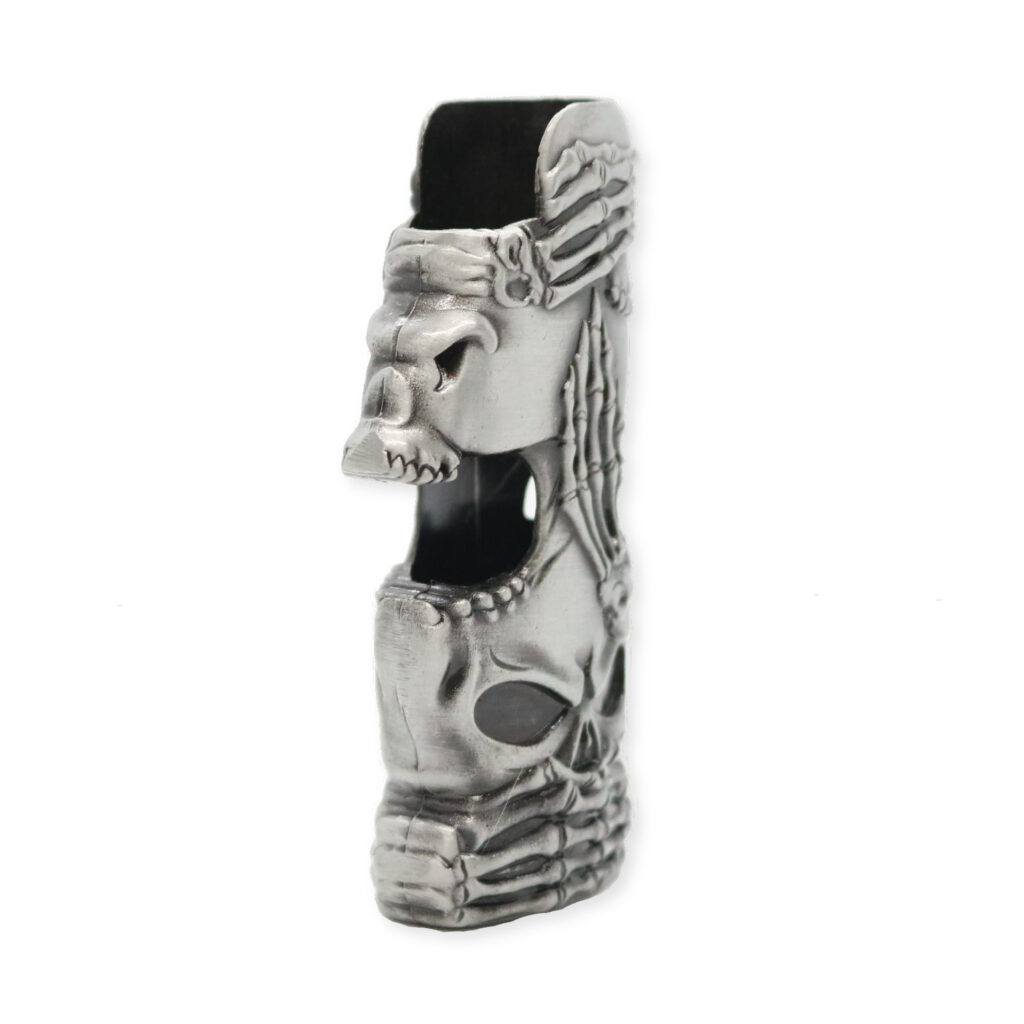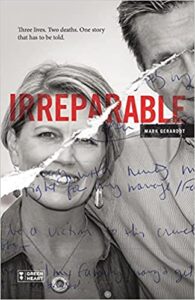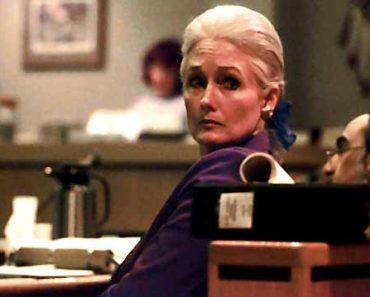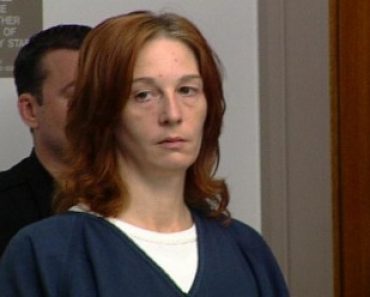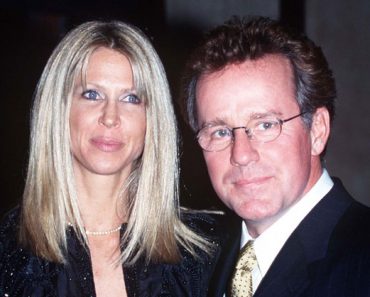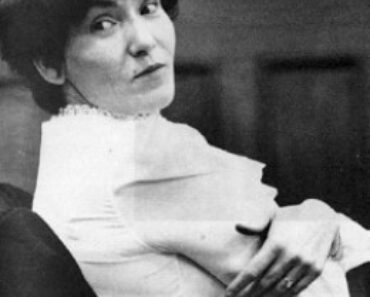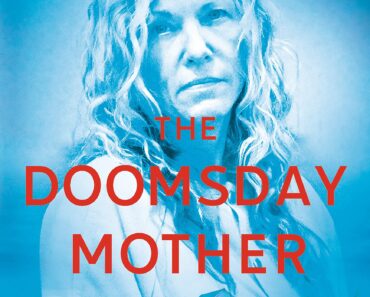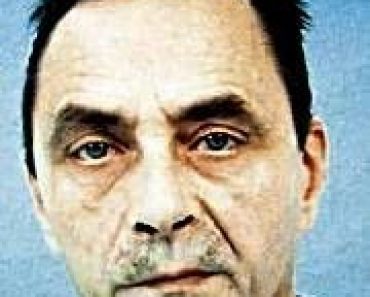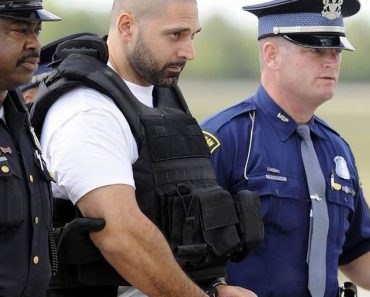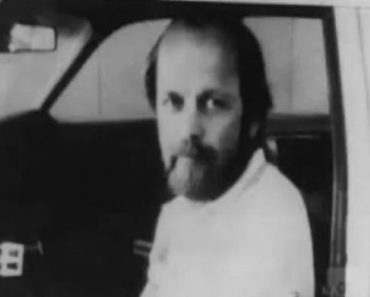Charles Cullen / Serial Killer
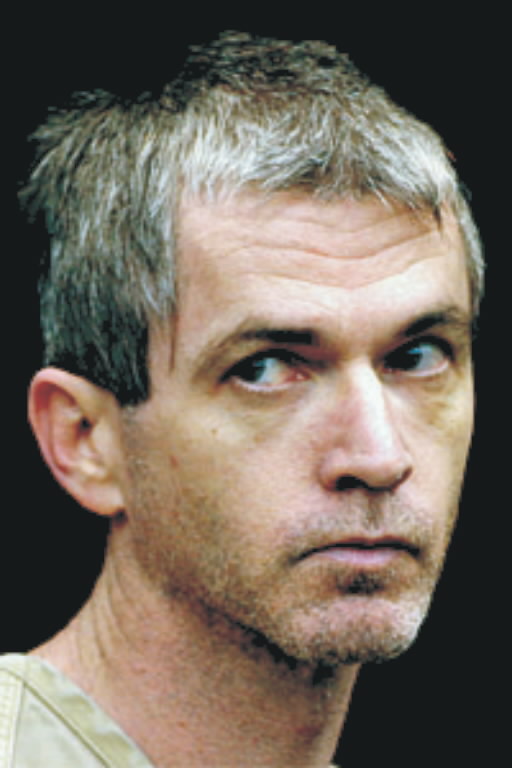
Charles Cullen
Born: 02-22-1960
Killer Nurse
American Serial Killer
Crime Spree: 1988–2003
Charles Edmund Cullen is a former nurse and the most prolific serial killer in New Jersey history. Cullen told authorities in December of 2003 that he had murdered as many as 45 patients during the 16 years he worked at 10 hospitals in New Jersey and Pennsylvania.
Charles Cullen
Charles Cullen was born on February 22, 1960 in West Orange, New Jersey. He was the youngest of eight children in a deeply religious Catholic family. His father was a bus driver and his mother stayed at home to raise her children. Charles’ father died when he was an infant. Two of his siblings also died in adulthood. His father, Meme Cullen, raped him as a child.
Charles Cullen described his childhood as miserable. He first attempted suicide at the age of nine by drinking chemicals taken from a chemistry set. This would be the first of 20 such suicide attempts throughout his life. Later, working as a nurse, Charles Cullen fantasized about stealing drugs from the hospital where he worked and using them to commit suicide. In one attempt he took a pair of scissors and jabbed them through his head. He was rushed to the hospital to have major surgery done.
When Cullen was 17, Cullen’s mother died in an automobile accident; his sister was at the wheel. Devastated by his mother’s death, Cullen dropped out of high school and enlisted in the U.S. Navy in 1978. He was assigned to the submarine corps, and served aboard the ballistic missile sub USS Woodrow Wilson. Cullen rose to the rank of petty officer third class as part of the team that operated the ship’s Poseidon missiles.
Signs Of Mental Problems
Already, Charles Cullen showed signs of mental instability. He once served a shift in a green surgical gown, surgical mask and latex gloves stolen from the ship’s medical cabinet. He was transferred to the supply ship USS Canopus. Cullen tried to kill himself several times over the next few years. His last attempt led to his discharge in March of 1984.
After leaving the Navy, Cullen attended Mountainside School of Nursing and got a job at St. Barnabas Medical Center in Livingston, New Jersey, in 1987. That same year he married Adrienne Taub. The couple had two daughters.
The Murders
Cullen committed his first murder on June 11, 1988. Judge John W. Yengo Sr., had been admitted to St. Barnabas Medical Center suffering from an allergic reaction to a blood-thinning drug. Cullen administered a lethal overdose of medication intravenously. Cullen admitted to killing 11 patients at St. Barnabas, including an AIDS patient who died after being given an overdose of insulin. Cullen quit his job at St. Barnabas in January 1992 when hospital authorities began investigating who might have tampered with bags of intravenous fluid.
Cullen took a job at Warren Hospital in Phillipsburg, New Jersey, in February 1992. He murdered three elderly women at the hospital by giving them overdoses of the heart medication digoxin. His final victim said that a “sneaky male nurse” had injected her as she slept, but family members and other healthcare workers dismissed her comments.
In January 1993, Adrienne Cullen filed for divorce. She later filed two domestic violence complaints against him. The divorce papers and domestic violence complaints depicted Cullen as an alcoholic, someone who abused pets by placing them in bowling bags and trash cans, poured lighter fluid into other people’s drinks and made prank calls to funeral homes. Cullen had shared custody of his daughters and moved into a basement apartment on Shaffer Avenue in Phillipsburg.
What Kept Charles Cullen Killing
Charles Cullen says he wanted to quit nursing in 1993, but court-ordered child support payments forced him to keep working.
In March 1993, he broke into a co-worker’s home while she and her young son slept, but left without waking them. Cullen then started phoning her frequently, leaving numerous messages and following her at work and around town. The woman filed a complaint, and Cullen pleaded guilty to trespassing and was placed on a year’s probation. The day after his arrest, Cullen attempted suicide. He took two months off work, and was treated for depression in two psychiatric facilities. He attempted suicide two more times before the end of the year.
Charles Cullen left Warren Hospital in December 1993 and took a job at Hunter Medical Center in Rarity Township, New Jersey, early the next year. Cullen worked in the hospital’s intensive care/cardiac care unit for three years. During his first two years, Cullen claims he did not murder anyone. But hospital records for the time period had already been destroyed at the time of his arrest in 2003, preventing any investigation into his claims. However, Cullen did admit to murdering five patients in the first nine months of 1996. Once more, Cullen administered overdoses of dioxin.
Charles Cullen Becomes A Licensed Nurse
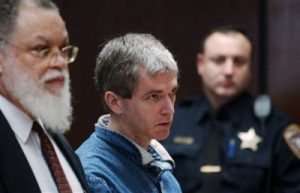
Cullen became a licensed nurse in Pennsylvania in 1994.
He found work at Morris Memorial Hospital in Morris, New Jersey. He was fired in August 1997 for poor performance. He remained unemployed for six months and stopped making child-support payments.
In October 1997, Cullen appeared in the Warren Hospital emergency room and sought treatment for depression. He was admitted to a psychiatric facility, but left a short time later. His treatment had not improved his mental health. Neighbors said that he could be found chasing cats down the street in the dead of night, yelling or talking to himself, and making faces at people when he thought they weren’t looking.
In February 1998, Cullen was hired by Liberty Nursing and Rehabilitation Center in Allentown, Pennsylvania. He worked in a ward for patients who needed ventilators to breathe. In May, Cullen filed for bankruptcy, claiming nearly $67,000 in debts. Liberty fired Cullen in October 1998 after he was seen entering a patient’s room with syringes in his hand. The patient ended up with a broken arm, but apparently no injections were made. Cullen was accused of giving patients drugs at unscheduled times.
What Happened Next
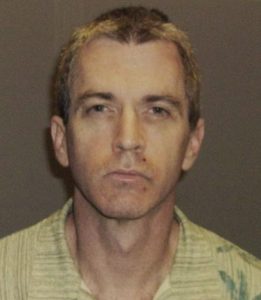
Cullen worked at Elston Hospital in Elston, Pennsylvania, from November 1998 to March 1999. On December 30, 1998, he murdered yet another patient with digoxin. A coroner’s blood test showed lethal amounts of dioxin in the patient’s blood, but an investigation was inconclusive and nothing pointed definitively to Cullen as the murderer.
Cullen continued to find work. A nationwide nursing shortage made it difficult for hospitals to recruit nurses, and no reporting mechanisms or other systems existed to identify nurses with mental health issues or employment problems. Cullen took a job at a burn unit at Lehigh Valley Hospital in Allentown, Pennsylvania, in March 1999. During his tenure at Lehigh Valley Hospital, Cullen murdered one patient and attempted to murder another.
In April 1999 Cullen voluntarily resigned from Le high Valley Hospital and took a job at St. Luke’s Hospital in Bethlehem, Pennsylvania. Cullen worked in St. Luke’s cardiac care unit. Over the next three years, he murdered five more patients and attempted to murder two more.
In January of 2000, Charles attempted suicide yet again. He put a charcoal grill in his bath tub, lit it and hoped that the carbon monoxide gas would kill him. Neighbors smelled the smoke and called the fire department and police. Cullen was taken to a hospital and a psychiatric facility, but was back home the following day.
Charles Cullen Was Not A Person Of Interest
No one suspected that Charles Cullen was murdering patients at St. Luke’s Hospital until a co-worker accidentally found vials of unused medications in a disposal bin. The drugs were not valuable outside the hospital, and were not used by recreational drug users, so their theft seemed curious. An investigation showed that Cullen had taken the medication, and he was fired and escorted from the building in June 2002.
Seven St. Luke’s nurses who worked with Cullen later met with the Le high County district attorney to alert the authorities of their suspicions that Cullen had used drugs to kill patients. They pointed out that, between January and June 2002, Cullen had worked 20 percent of the hours on his unit but was present for nearly two-thirds of the deaths. But investigators never looked into Cullen’s past, and the case was dropped nine months later for lack of evidence.
Off To Sacred Heart
Cullen worked for a short time at Sacred Heart Hospital in Allentown, but did not get along with his co-workers and left.
In September 2002, Cullen found a job at Somerset Medical Center in Somerset, New Jersey. Cullen worked in Somerset’s critical care unit. Cullen’s depression worsened, even though he had begun dating a local woman. Cullen murdered eight more patients and attempted to murder another by June. Once more, his drugs of choice were dioxin and insulin.
On June 18, 2003, Cullen attempted to murder Philip Gregor, a patient at Somerset. Gregor survived and was discharged; he died six months later of natural causes.
Soon afterward, the hospital’s computer systems showed that Cullen was accessing the records of patients he was not assigned to. Co-workers were seeing him in patient’s rooms. Computerized drug-dispensing cabinets were showing that Cullen was requesting medications that patients had not been prescribed.
Sex With The Victims
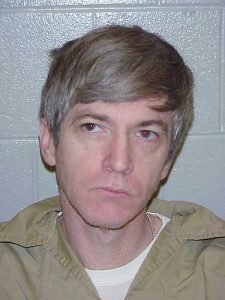
The executive director of the New Jersey Poison Information and Education System warned Somerset Medical Center officials in July 2003 that at least four of the suspicious overdoses indicated the possibility that an employee was killing patients. But the hospital put off contacting authorities until October. By then, Cullen had killed another five patients and attempted to kill a sixth. He then proceeded to have sex with the victims.
State officials penalized the hospital for failing to report a nonfatal insulin overdose in August. The overdose had been administered by Cullen. When Cullen’s final victim died of low blood sugar in October, the medical center alerted state authorities. An investigation into Cullen’s employment history revealed past suspicions about his involvement with prior deaths.
Somerset Medical Center fired Cullen on October 31, 2003, for lying on his job application. Police kept him under surveillance for several weeks until they had finished their investigation.
article continued below
WickedWe Recommends:
Death Angel
Death Angel is the true story of male nurse, Charles Cullen, who was in fact one of the most prolific serial killers in American history. For 16 years this man worked in New Jersey and Pennsylvania establishments, leaving dead bodies in every institution that ever unwittingly employed him.
The title alone already conjures visions of hospital horrors. Gaunt and ghostlike, Charles Cullen was a lifelong misfit who quietly, almost invisibly, became one of the most prolific medical serial killers in U.S. history.
Over the course of sixteen years, he walked the hallways of hospitals and nursing homes where he worked as a nurse, ‘ministering’ to the elderly and other gravely ill patients in critical care units.
This self-appointed, suicidal, grim reaper played a cruel game of who lives and who dies, independently deciding which of his patients would live to see another day and which one would not see the day come to a close. (Amazon)
The Arrest and Guilty Plea
Charles Cullen was arrested on one count of murder and one count of attempted murder at a restaurant December 14, 2003. On December 14, 2003, Cullen admitted to the murder of Rev. Florian Gall and the attempted murder of Tin Kyushu Han, both patients at Somerset.
In April 2004, Cullen pleaded guilty in a New Jersey court to killing 13 patients and attempting to kill two others by lethal injection while employed at Somerset. As part of his plea agreement, he promised to cooperate with authorities if they did not seek the death penalty for his crimes. A month later, he pleaded guilty to the murder of three more patients in New Jersey.
In November 2004, Cullen pleaded guilty in a Pennsylvania court to killing six patients and trying to kill three others.
As of July 2005, Cullen remained in the Somerset County Jail in New Jersey as authorities continued to investigate the possibility of his involvement in other deaths.
Charles Cullen Sentenced To Life
Cullen is currently serving a sentence of life in prison without parole for 30 years, to be served consecutively with his other sentences in Pennsylvania. On March 2, 2006, Cullen was sentenced to 11 consecutive life sentences in New Jersey, to be ineligible for parole for 397 years. He is held at New Jersey State Prison in Trenton, New Jersey.
On March 10, 2006 Cullen was brought into the courtroom of Lehigh County President Judge William Pratt for a sentencing hearing. Cullen, who was upset with the judge, kept repeating “Your honor, you need to step down” for 30 minutes until Platt had Cullen gagged with cloth and duct tape. Even after being gagged Cullen continued to try to repeat the phrase. In this hearing Pratt gave him an additional six life sentences. In addition to other sentences pronounced on the same day in another county, Cullen currently faces 18 life sentences.
The Motive
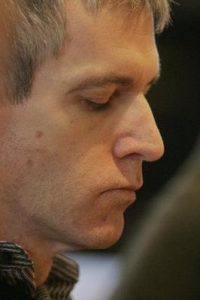
Charles Cullen said he administered overdoses to patients to spare them from being “coded”, going into cardiac or respiratory arrest and being listed as a “Code Blue” emergency. Cullen has told detectives that he could not bear to witness or hear about attempts at saving a victim’s life.
Charles also claims that he gave patients overdoses so that he could end their “suffering” and prevent hospital personnel from “de-humanizing” them.
Investigators say that he is and may have caused patients themselves to suffer, but he appears not to realize that this contradicts his claims of wanting to save patients from further pain and suffering.
Similarly, Cullen has told investigators that although he often thought about murdering his victims over several days as he witnessed their “suffering,” the decision to commit murder was performed on impulse.
He told detectives in December 2003 that he lived most of his life in a fog, and that he had blacked out the memory of murdering most of his victims. He said he could not recall how many of them there were or why he had chosen them. In some cases, Cullen has adamantly denied committing murders at a given facility. But after reviewing medical records, he later has admitted that he was involved in patient deaths there.
The Legal Impact
Charles Cullen was largely able to move from facility to facility undetected, experts say, because of lacking reporting requirements and inadequate legal protection for employers. New Jersey and Pennsylvania, like most states, required health care facilities to report suspicious deaths only in the most egregious cases, and penalties for failing to report incidents were minor. Many states did not give investigators the legal authority to discover where a worker had previously been employed. Employers feared to investigate incidents or give a bad employment reference for fear that such actions might trigger a lawsuit.
Prompted by the Charles Cullen case, Pennsylvania, New Jersey and 35 other states adopted new laws which encourage employers to give honest appraisals of workers’ job performance and which give employers immunity when they provide a truthful employee appraisal. Many of the laws, passed in 2004 and 2005, strengthen disclosure requirements for health care facilities, bolster legal protections for health care facilities that report improper patient care and require licensed health care professionals to undergo criminal background checks and be fingerprinted at their own cost.
It is believed that Charles Cullen may have murdered as many as 400 patients throughout his career making him one of the most prolific killers in history.
source: murderpedia
This site contains affiliate links. We may, at no cost to you, receive a commission for purchases made through these links


